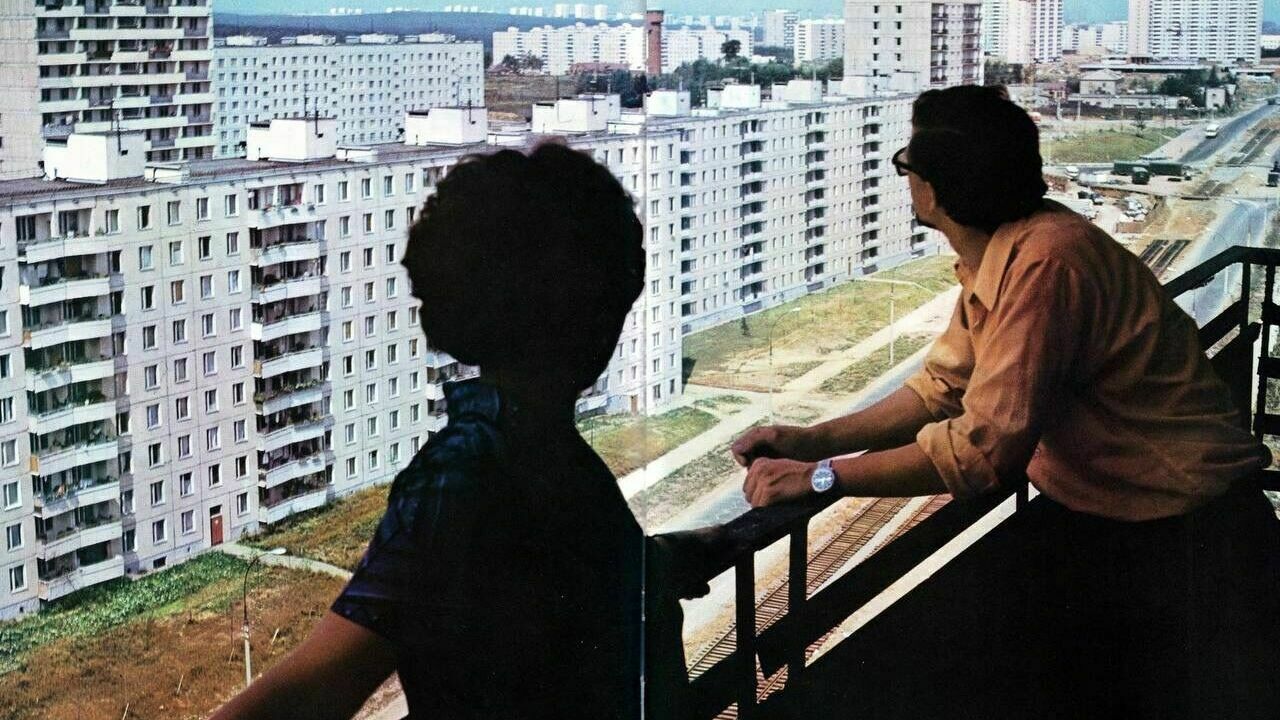
Personal experience: only a recipe from the USSR can help to attract workers to military factories
Yekaterina Maximova
Valery Mikhailovich Zolotukhin, a reader of Novye Izvestia, an employee of the Voronezh Aircraft Factory, reacted emotionally to the publication devoted to the shortage of workers for enterprises of the military-industrial complex "Old men are going into battle: the country's defense plants cannot recruit workers".
The 60-year-old author of the letter recalls that there was a complex system in the USSR, and then it was broken. Since then, none of the federal agencies have done anything to solve the problem.
This is how, the author of the letter reminds, the state machine worked comprehensively in the interests of industry:
-There were dormitories at the factories (all large and important for the state), many dormitories. In which everyone who wants to get a specialty to work at this plant has settled. A person, having arrived from a village or a small town, got a job at a factory or was still studying and his head did not hurt - where to live. After completing his studies, he got a job at a factory and received, if he did not have a family, another hostel. I was in this in Omsk, this is an ordinary residential 16-storey building with standard apartments. 4 women or 4 guys working at the factory lived in a 2-room apartment. There were also so-called small families for married people - a block of 8 rooms with two bathrooms and 2 showers and a large shared kitchen. A young family could still get a separate corner, even if it was still in the common kitchen, and at the same time it automatically queued up for an apartment from the factory.
They had a residence permit for a small family, i.e. they were no longer rural residents, but residents of this large city, which is very important. At the same time, Zolotukhin emphasizes, there was a list of scarce professions at the factories.
And the most valuable personnel received housing for 2-4 years.
-Less scarce professions received housing for 5-7-10 years. But they received it! I work with a man who lives in his mother's apartment, who got an apartment after working for 20 years, who would you think? A cleaner! But I got my own separate housing. Yes, in the 90s this system was used.
And no one is going to build a new one, Zolotukhin complains. The authorities no longer use a ready-made recipe from the Soviet years. And there was a time when 47,000 workers worked at the same Voronezh plant. And there were enough people, there was a queue of people in the personnel departments.
- And now the factories don't have dormitories! Absolutely! An employee who came from a village or a small town is forced to solve the housing problem himself. In addition, even if he rents an apartment, he continues to be the villager he was, i.e. the plant does not "attach" him to itself with a residence permit. I think you understand that this does not encourage him to come to the factory at all. His salary is even less stimulating. Why work hard at the machine, having a huge responsibility, or breathe welding gases, when for the same salary you can safely walk around the mall with a baton, in a beautiful uniform a la an American policeman (in Moscow)? If that same locksmith-turner could tell him that you are walking with a baton, and I am working, but in 3-4 years I will live in my apartment, and you won't! So today's locksmith-turner can't say that! That's the whole homespun truth! Zolotukhin dedicated a separate block in his letter to the crowds of guards - healthy, strong men.
- It's a whole army across the country! I don't know the statistics, but it seems to me - it's hundreds of thousands! And various kinds of sales representatives, supervisors-managers, merchandisers and other freelancers. This is another second army, according to my observations - even more numerous.And it is unlikely that all these people get more than a worker at the machine.
Novye Izvestia reported that one of the main reasons for the shortage of personnel is the meager salaries of workers.
- Of course, no one will distribute apartments today. Although, for particularly scarce specialties, it would be possible to consider the purchase of apartments from developers by factories. But it is more realistic today to subsidize mortgages. So that a mortgage loan is taken by an employee not from a bank, but from a factory (and let the factory already take wholesale from the bank) and paid to the plant for 10-15 years. Or if a person has already come with a mortgage, then instead of 20 thousand a month, which he pays for an apartment, the plant would take on, for example, 15. Naturally, all this should be formalized in the form of legal documents-contracts with prescribed rights and obligations of the parties.I understand that today and even in the next 2-3 years, if such a program is adopted, it will not immediately solve the problem of personnel hunger.
But it will decide in 5-7 years. And if nothing is done, then this problem will only get worse.